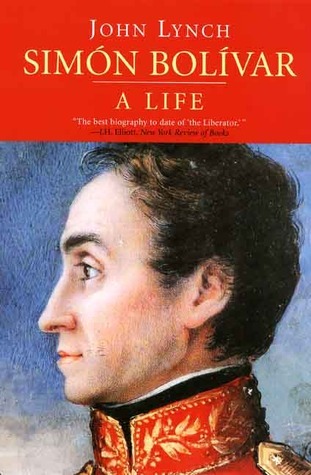What do you think?
Rate this book


384 pages, Paperback
First published January 1, 2006
You know that I have ruled for twenty years, and from these I have derived only a few certainties: (1) America is ungovernable, for us; (2) Those who serve a revolution plough the sea; (3) the only thing one can do in America is to emigrate; (4) This country will fall inevitably into the hands of the unbridled masses and then pass almost imperceptibly into the hands of petty tyrants, of all colours and races; (5) Once we have been devoured by every crime and extinguished by utter ferocity, the Europeans will not even regard us as worth conquering; (6) If it were possible for any part of the world to revert to primitive chaos, it would be America in her final hour.And yet, the countries of South America are emerging from almost two centuries of rule by caudillos and incompetents and are hopeful once more. The peoples of South America now begin to appreciate what Bolivar tried to do.